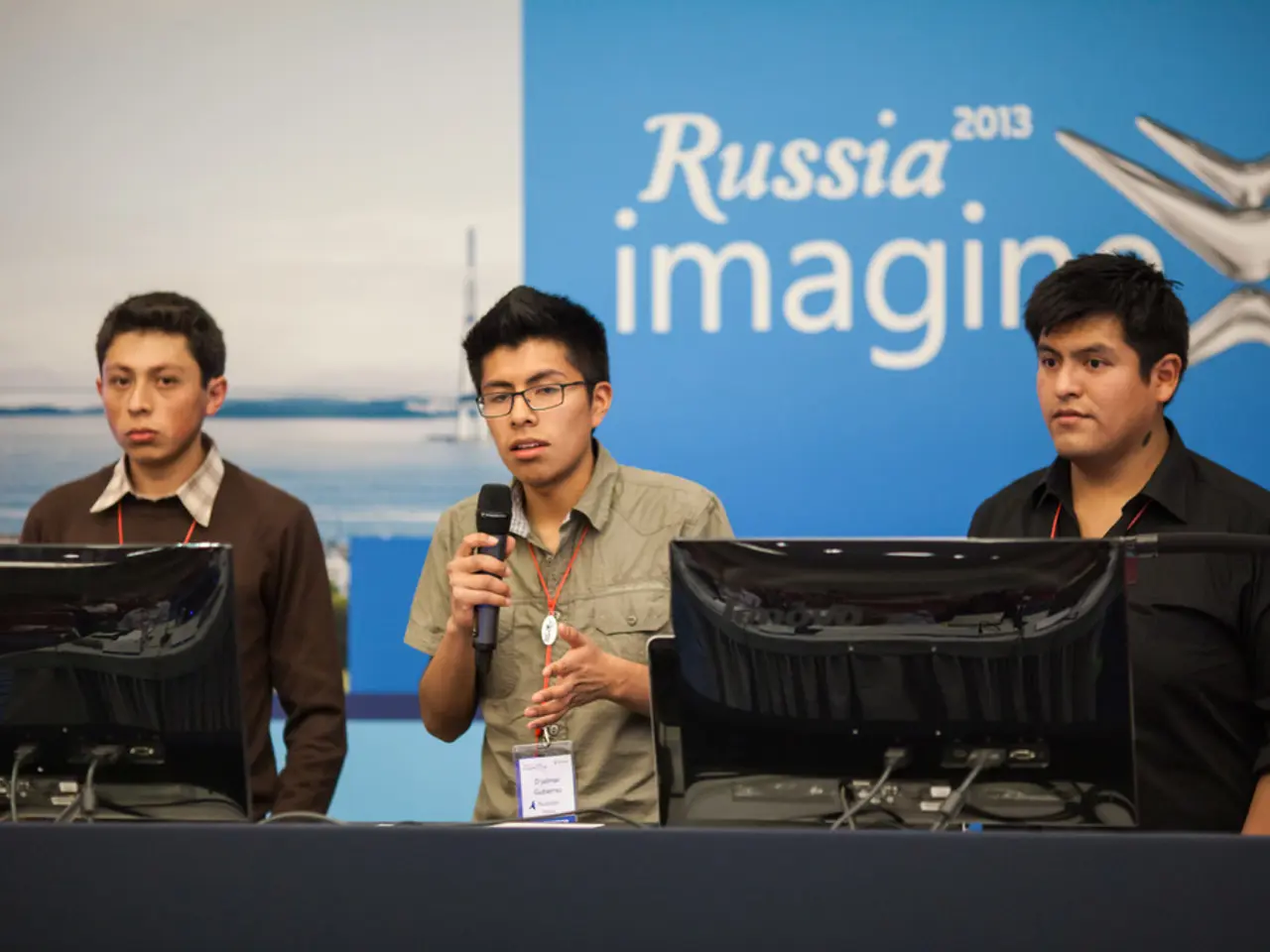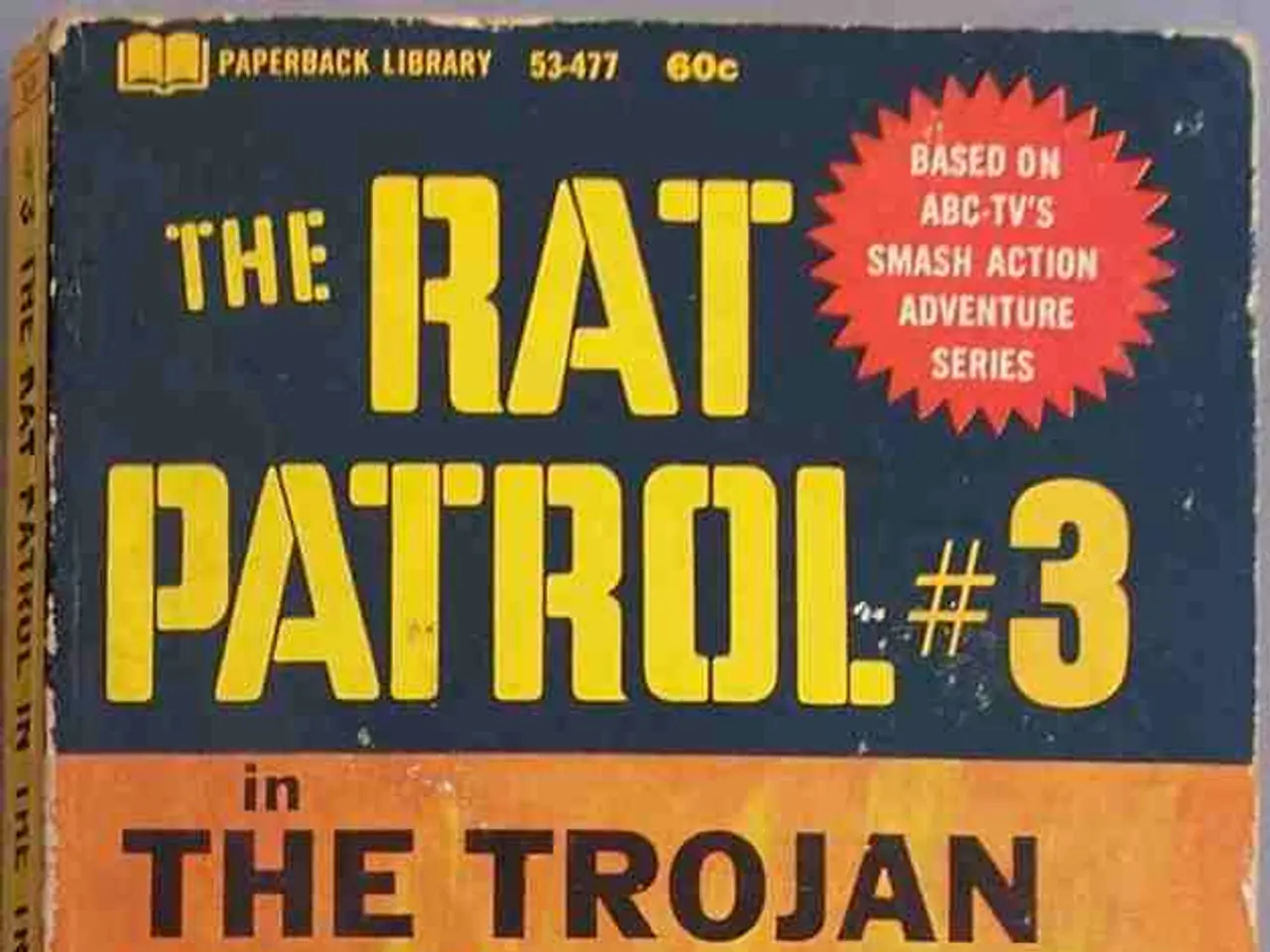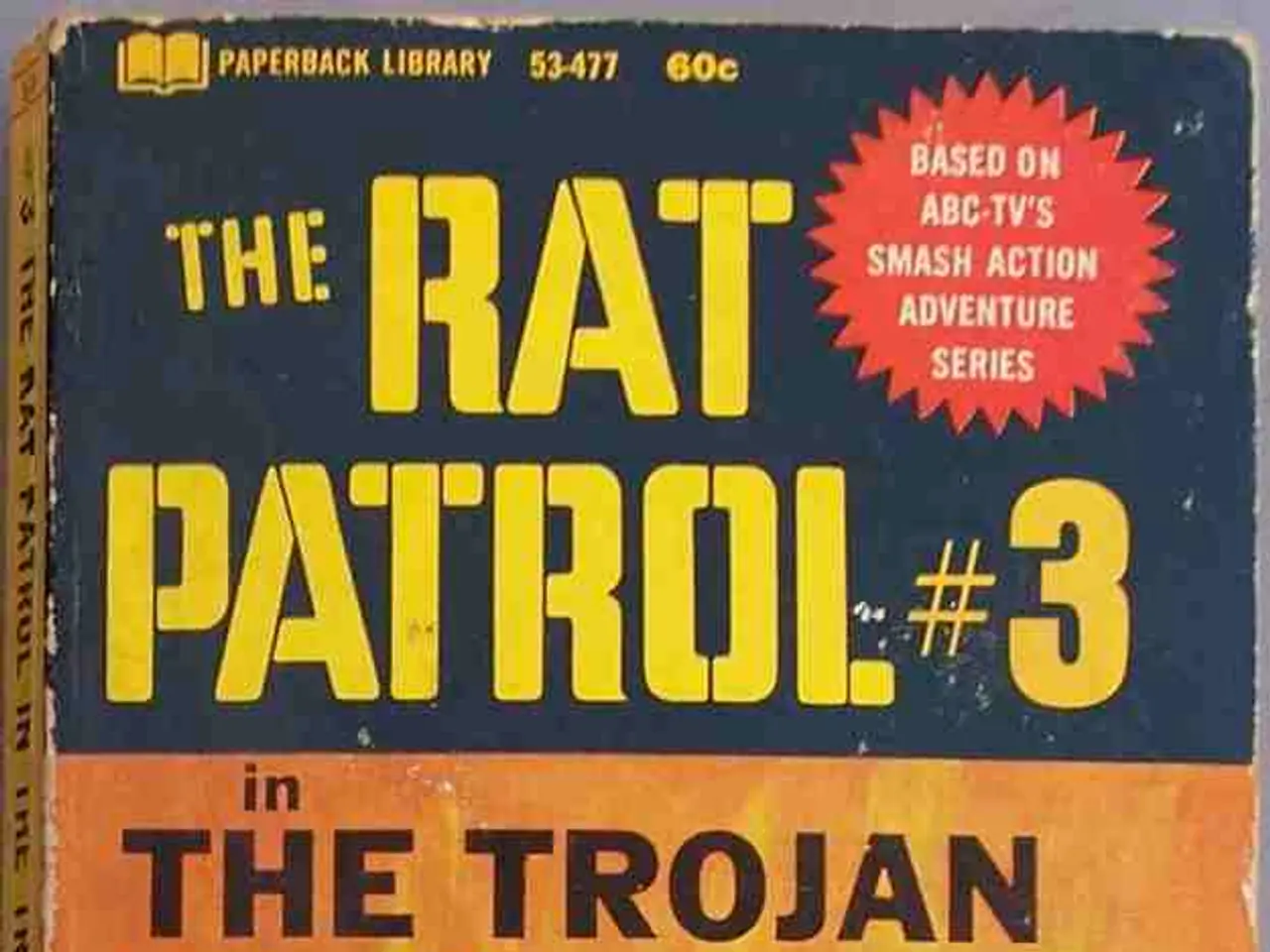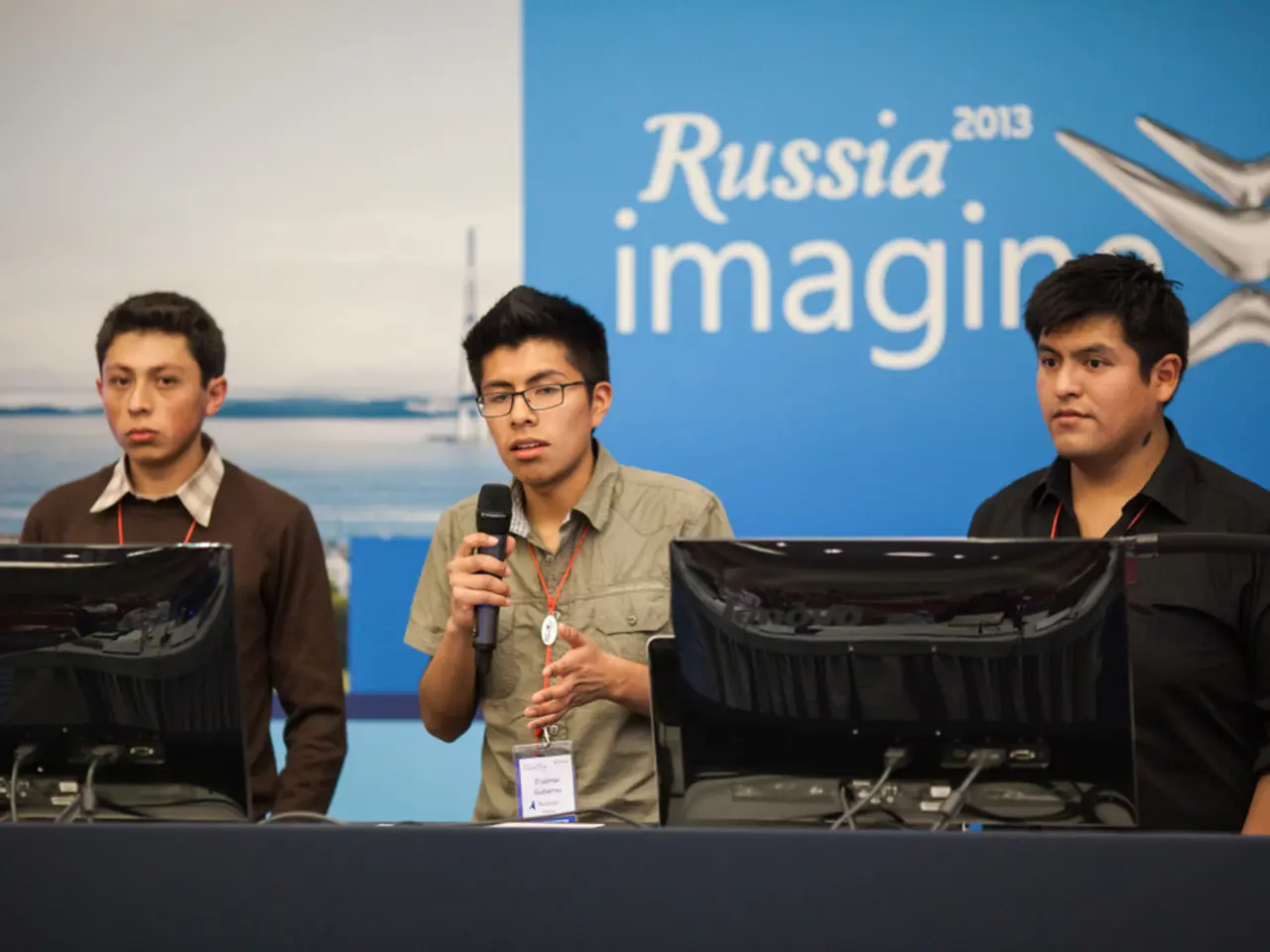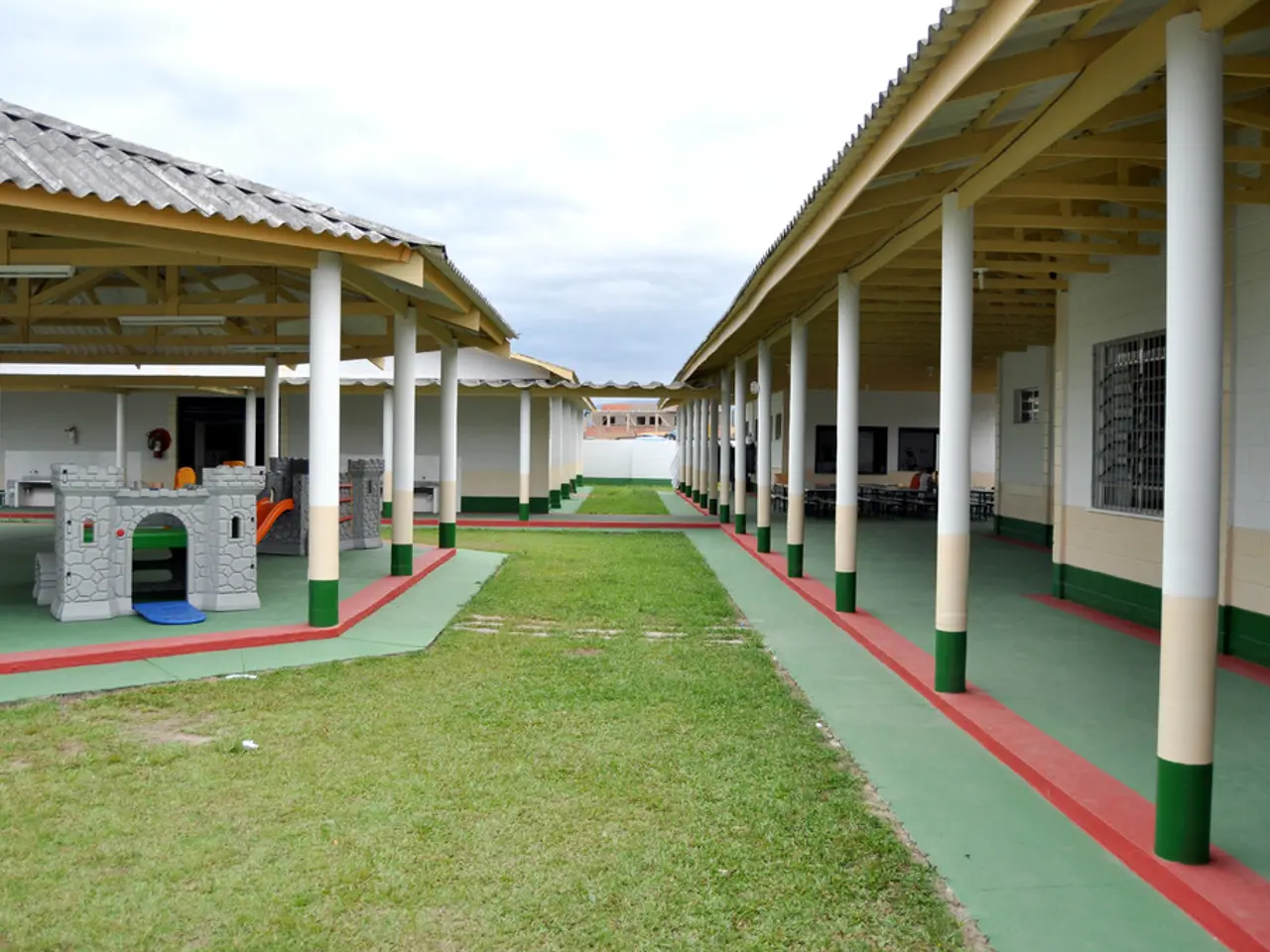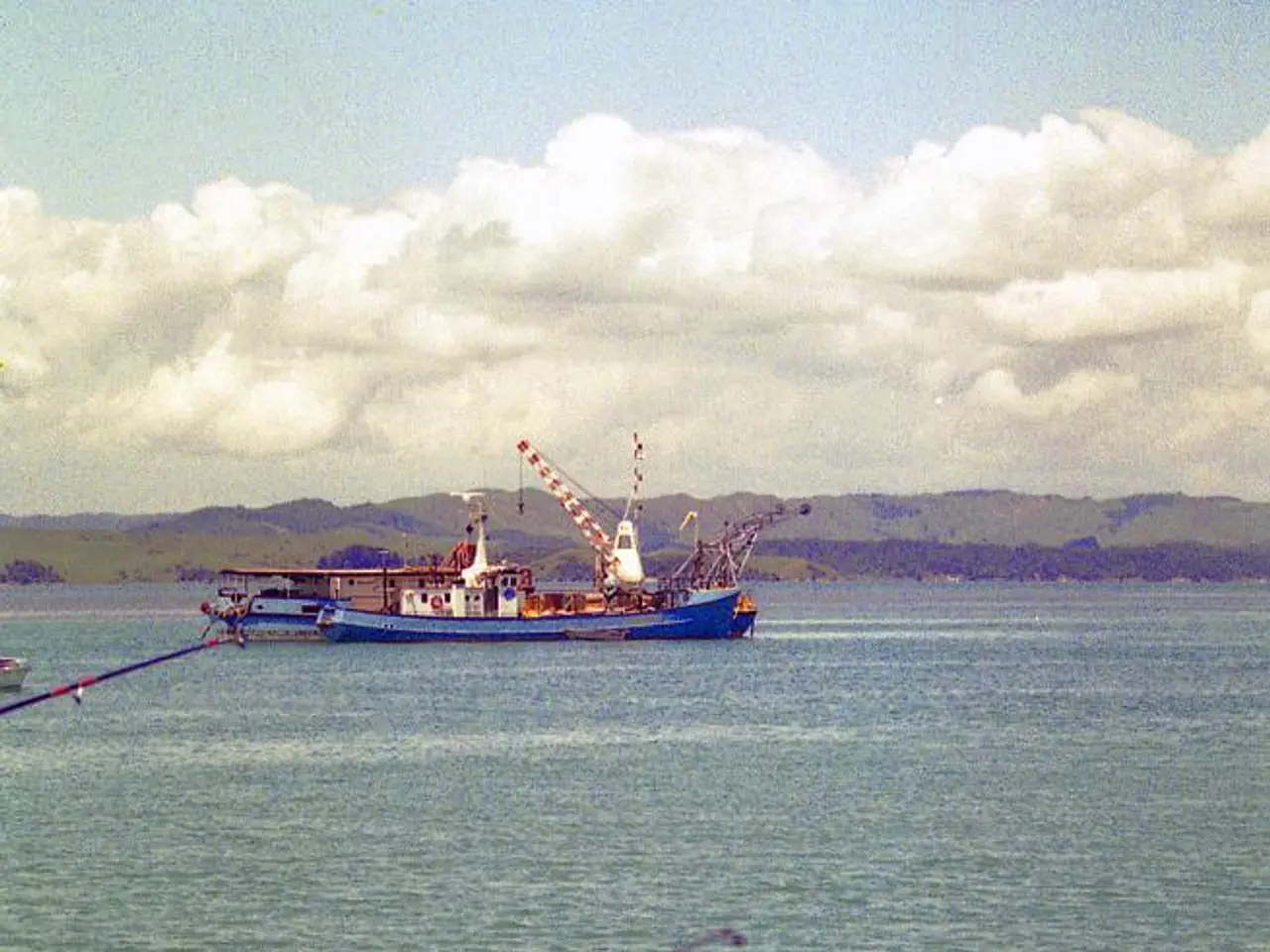"Turning upright in his grave"
In a controversial ruling, Judge Dmitry Boyarkin of the 2nd Eastern Military Circuit Court sentenced Natalia Doroschenko to 5.5 years in prison on June 27, 2025. The trial, held behind closed doors by a military tribunal, was due to comments on social media stating that Ukrainians are defending their homeland in the war with Russia.
Natalya Doroschenko, a native of Irkutsk, had lived in the city for many years at the time of her arrest. Prior to her arrest, she worked in the Bailiff Service. After leaving her job, she served as a bookkeeper.
Her acquaintance, Sergey, speculates that someone may have taken offense that she considers herself Ukrainian through her father. Alexei Doroschenko, another family member, notes that she expressed her personal views more actively online than in personal conversations.
The criminal case was built under Article 205.2 of the Russian Criminal Code, which pertains to public calls for terrorist activity, public justification of terrorism, or propaganda of terrorism. This article has been used to prosecute individuals for social media comments opposing or criticizing the military operation in Ukraine.
The Russian government has used several legal provisions related to the war in Ukraine to prosecute such individuals. These laws include Article 280.3 of the Russian Criminal Code, concerning the dissemination of "deliberately false information" about the Russian armed forces, punishable by imprisonment. Other relevant laws are Article 207.3, outlawing the spreading of "fake news" about the military and calling for sanctions against information opposing the official narrative of the war, and amendments to the Administrative Code and Criminal Code introduced in 2022 to penalize "discrediting" the military or calling for sanctions against Russia.
Persons who publicly criticize or call the invasion a "war" or "invasion" (instead of the state term "special military operation") can be prosecuted under these laws. Thus, it is likely that Natalya Doroschenko’s 5.5-year prison term stems from conviction under these laws criminalizing dissent and "fake news" about the war on social media.
In a tragic twist, Natalia Doroschenko was added to the list of terrorists and extremists in November 2024, further complicating her case and her future prospects.
It is worth noting that Viktor Andreyevich Doroschenko, Natalia's father, was a general and a native of the village of Куитун. He was respected by both his colleagues and even the criminals he put behind bars. Known for his crystal-clear honesty and integrity in dealing with people, he retired in 2005, admitting that he "could no longer represent himself in that system."
As the case of Natalia Doroschenko unfolds, it serves as a stark reminder of the complexities and controversies surrounding freedom of speech and the treatment of dissent in Russia.
- The criminal case against Natalia Doroschenko, involving her social media comments on the war with Ukraine, is a reflection of the broader political landscape, with Russia using laws related to war-and-conflicts and general-news to prosecute individuals expressing dissent or critical opinions.
- Despite her father, Viktor Doroschenko, being a highly respected general known for his crystal-clear honesty, Natalia Doroschenko found herself on a list of terrorists and extremists, highlighting the complications and controversies surrounding freedom of speech and the treatment of dissent in Russia.
